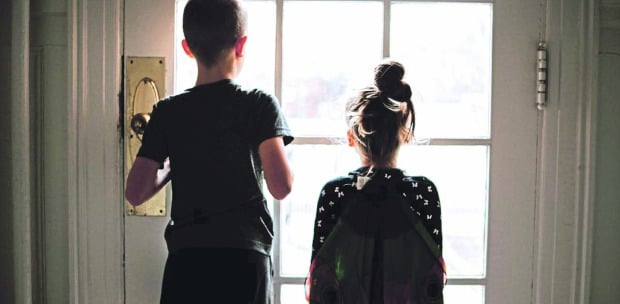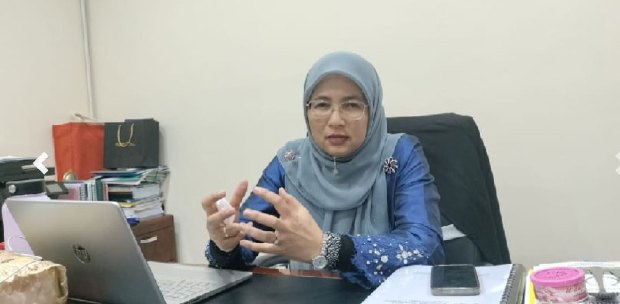LETTERS: IT has been more than six months since attempted suicide was decriminalised in Malaysia.
Since then, national data clearly indicates a rising trend in suicidal thoughts and attempted suicide — from 7.9 and 6.8 per cent, respectively, in 2012 to 13.1 and 9.5 per cent, respectively, (National Health and Morbidity Survey 2022).
These numbers also hide an even larger population of those who have lost a loved one to suicide.
These individuals are the ones who must find a way to cope with the pain of losing a loved one due to suicide, be it young children who have lost an older sibling, parents who have lost a child or schoolmates who have lost a friend. A suicide survivor is often left to wonder "why" and experiences a barrage of emotions that range from hurt, confusion and betrayal to feelings of guilt, self-blame and abandonment.
Coping with these emotions can be challenging, as trauma and grief affect us all, even if we are not aware of their impact.
Studies in South Korea and the United Kingdom indicate that a suicide survivor has a higher risk of suicide too. With this in mind, we must step up our efforts, not only to prevent suicide but also to support the ones who are left behind.
It is important to understand that coping with grief is different for every individual, whether having difficulty sleeping or feeling depressed, acting out in school, misplaced aggression, or hostile behaviour.
Often times, young children may not be able to understand their loss, and older children or teenagers may turn to play or other activities as a way to process emotions.
In the aftermath of a traumatic loss, it is natural that people find it awkward and painful to talk about their grief. To counter this, we need to create more awareness that it is okay to talk about what they are going through and create a safe environment to do so.
There are many practical things we can do to support someone who is grieving, such as asking how you can help.
Or, offer help with daily necessities like supplying meals or caring for their children; check in from time to time to see how they are doing; be a listening ear or a kind neighbour; offer financial support or opportunities for earning an income; or suggest participation in a support group or professional counselling for those who are suffering greatly or are unable to go through daily activities.
There is also a lot that can be done on the part of schools and workplaces to support suicide survivors, starting with having counsellors available to provide therapy.
On a nationwide level, greater collaboration between government and private parties can enhance preventive efforts, beginning with improving awareness and literacy about mental health.
The government and private stakeholders also need to train more clinical psychologists to improve the ratio of clinical psychologists to the population, making these services more accessible.
In the meantime, there are available services like the International Medical University's Psychology and Counselling Learning Centre, which offers free mental health services to the community, with workshops, as well as support for relationship problems, grief counselling, and much more.
DR SERENA IN
Department of Psychology,
School of Medicine,
International Medical University
The views expressed in this article are the author's own and do not necessarily reflect those of the New Straits Times
If you are feeling depressed or stressed, know that help is available. All you have to do is reach out. The Befrienders is an example of a place you can call if you have suicidal thoughts or feeling overwhelmed. They provide emotional support 24/7. For more info, visit www.befrienders.org.my or contact 03-76272929.
You can also contact Talian Kasih at 15999 (24/7), BuddyBear Helpline at 1800-18-2327 (BEAR) (daily 12pm to 12am), Mental Illness Awareness & Support Association (MIASA) at 1-800-820 066 (24/7), and the Health Ministry - Mercy Malaysia Psychosocial Support Helpline at 03-2935 9935.





